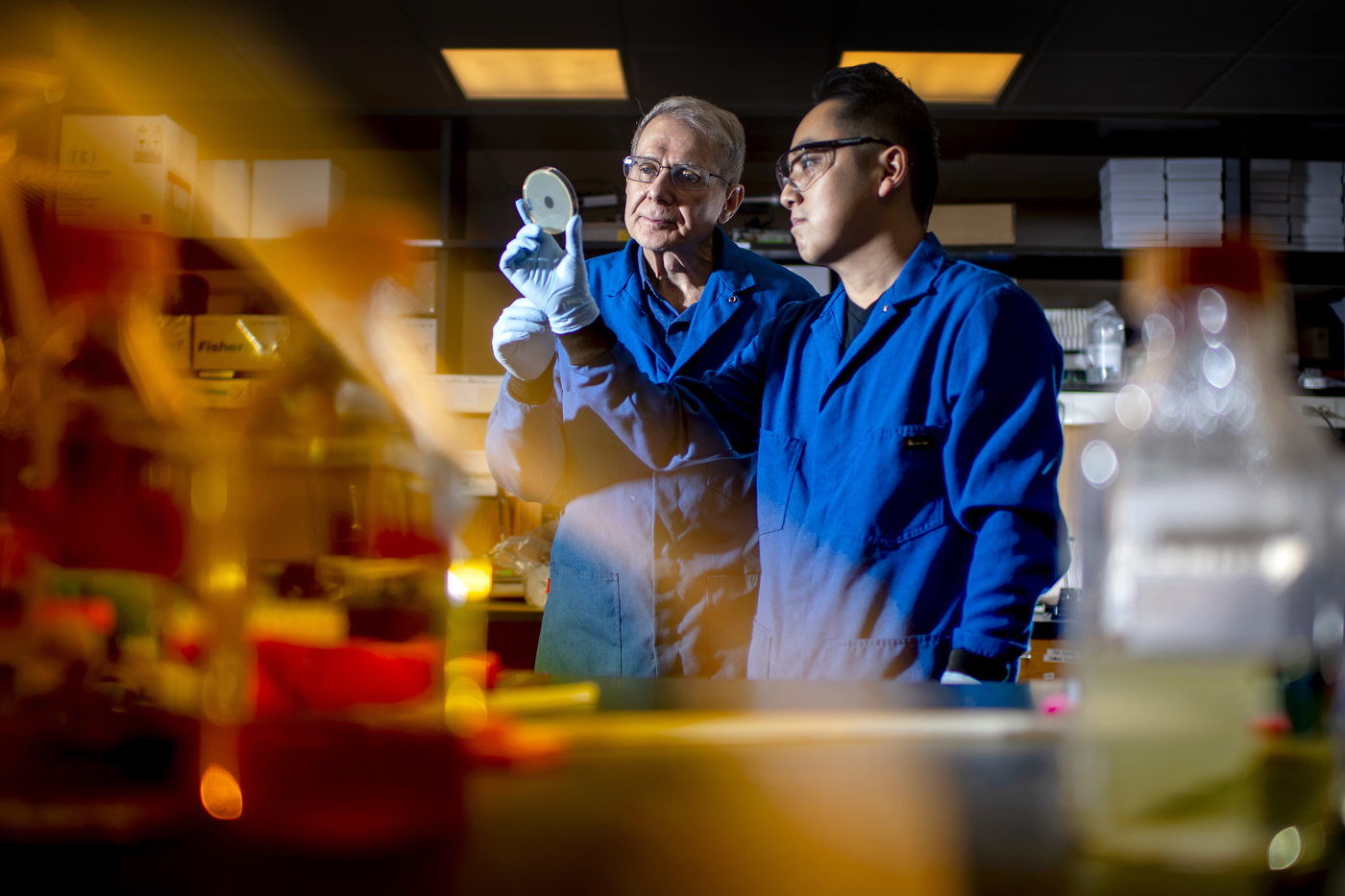Researchers at Northeastern have discovered a new antibiotic that could treat infections caused by Gram-negative superbugs. The team discovered a new antibiotic that the named Darobactin, which can kill resistant gram-negative bacteria. The research was published in Nature. The team discovered the compound from Photorhabdus bacteria that live inside the gut of a nematode, found in soil. In experiments using mice, Darobactin cured E. coli and Klebsiella pneumoniae infections, with no signs of toxicity. The molecule has a unique structure and an unusual mode of action that make it particularly effective against gram-negative bacteria. Darobactin is coded by a silent operon with little production under laboratory conditions and is ribosomally synthesized. Darobactin has an unusual structure with two fused rings that form post-translationally. The compound is active against important Gram-negative pathogens, both in vitro and in animal models of infection. @ https://news.northeastern.edu/2019/11/20/can-darobactin-a-new-antibiotic-found-in-a-tiny-worm-become-our-best-weapon-against-drug-resistant-bacteria/
A new antibiotic showing the potential to kill selectively gram-negative superbugs
A new antibiotic has been hiding in the gut of a tiny worm. It may be our best weapon against drug-resistant bacteria.
Kim Lewis, University Distinguished Professor of biology, says we are in the midst of a global antibiotic resistance crisis. A new class of antibiotics discovered in his lab could be our best hope against some of the nastiest superbugs out there.
No comments

